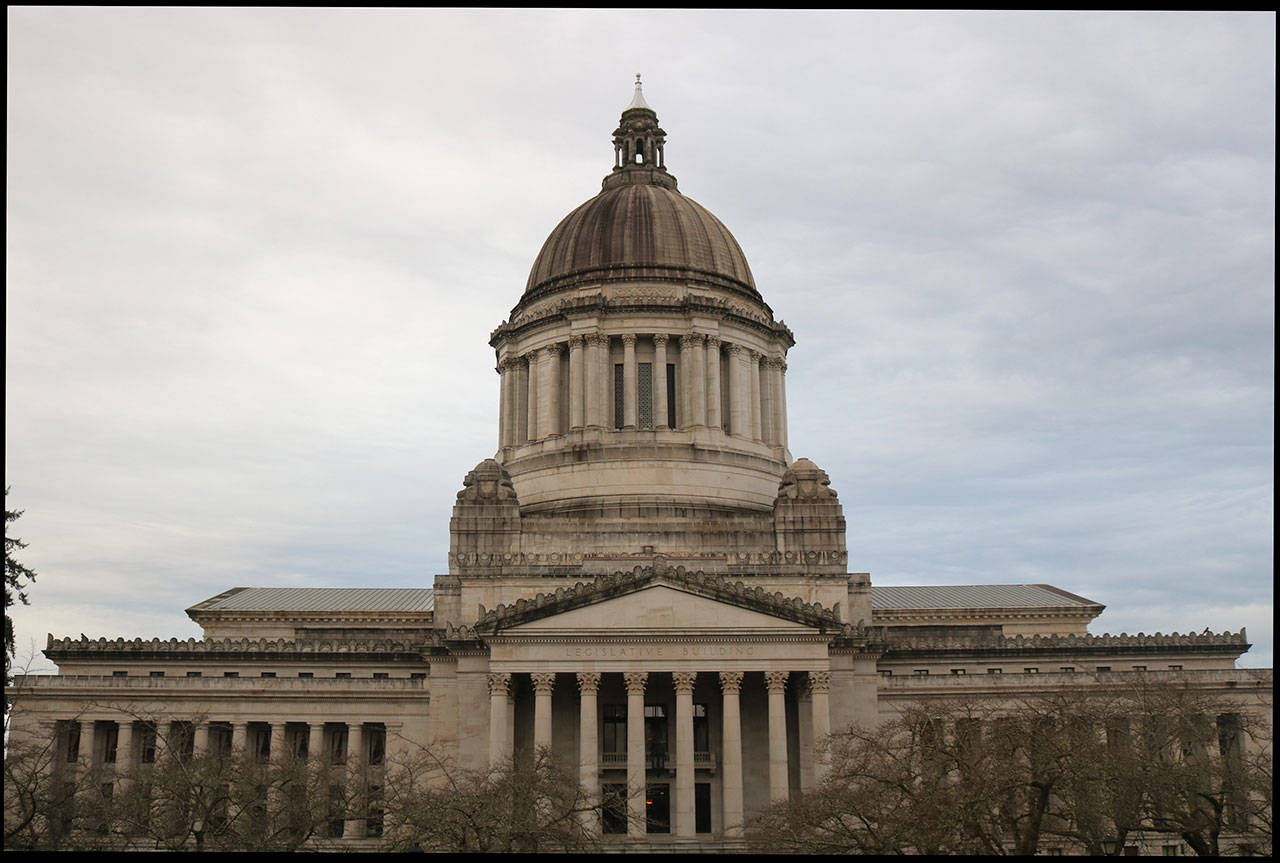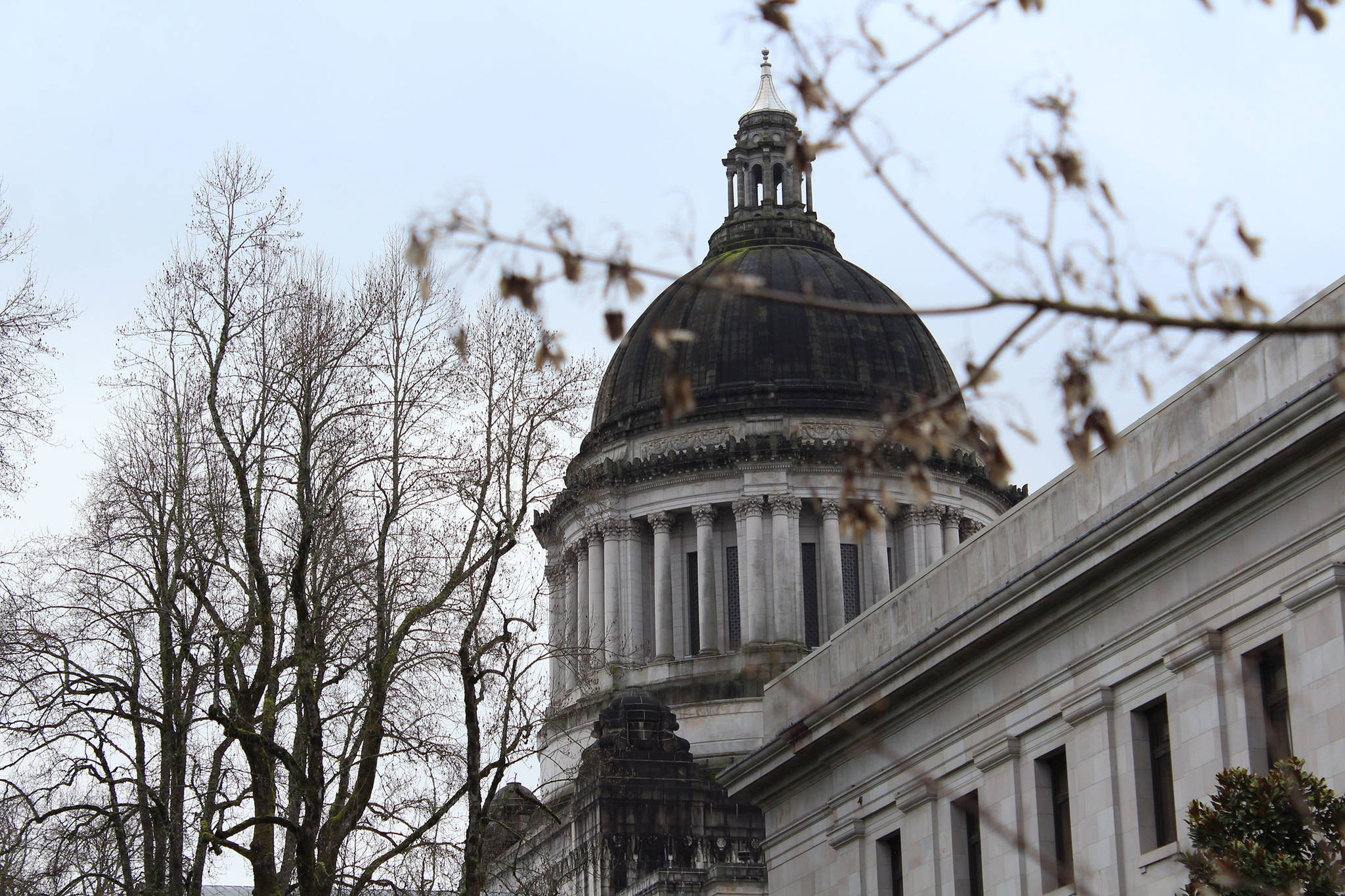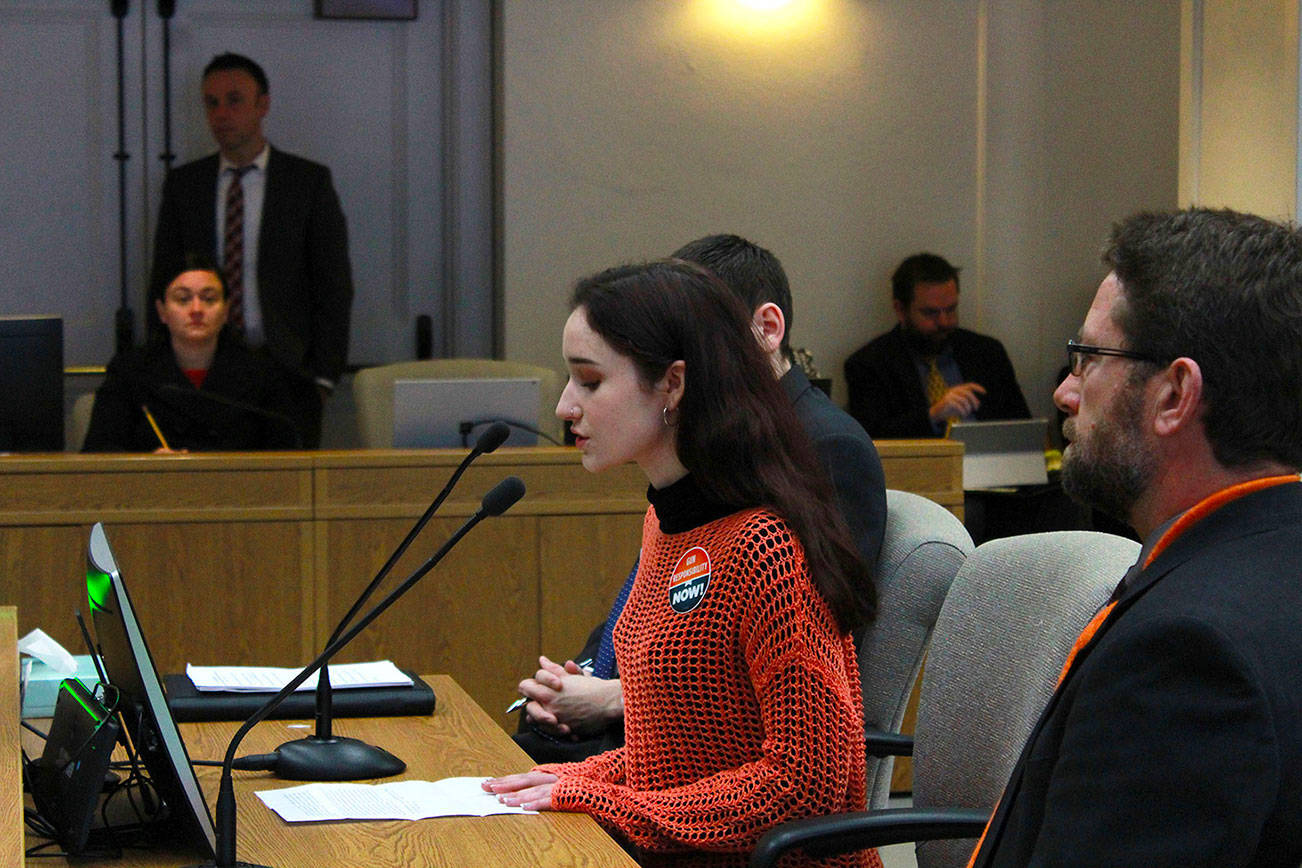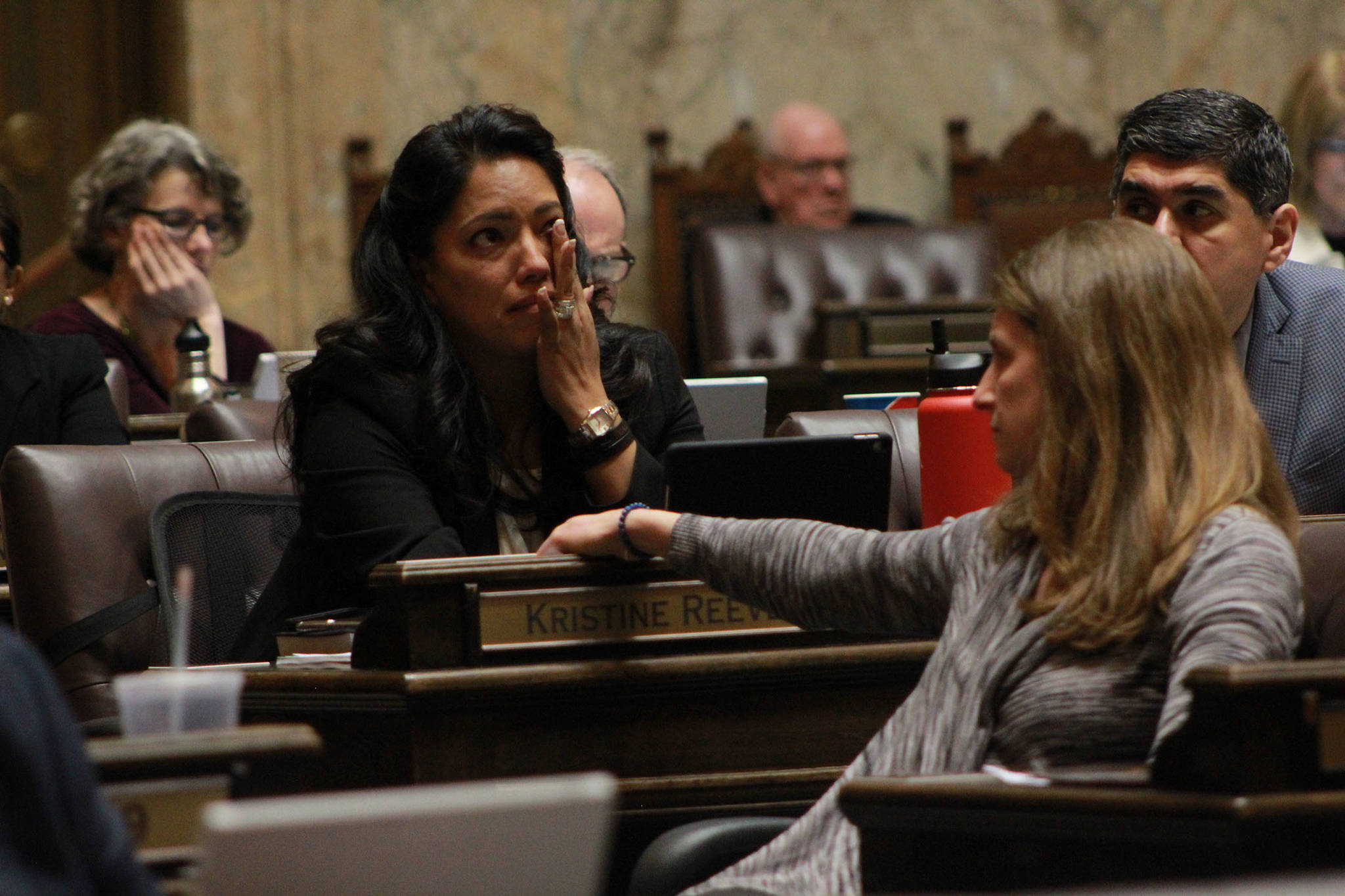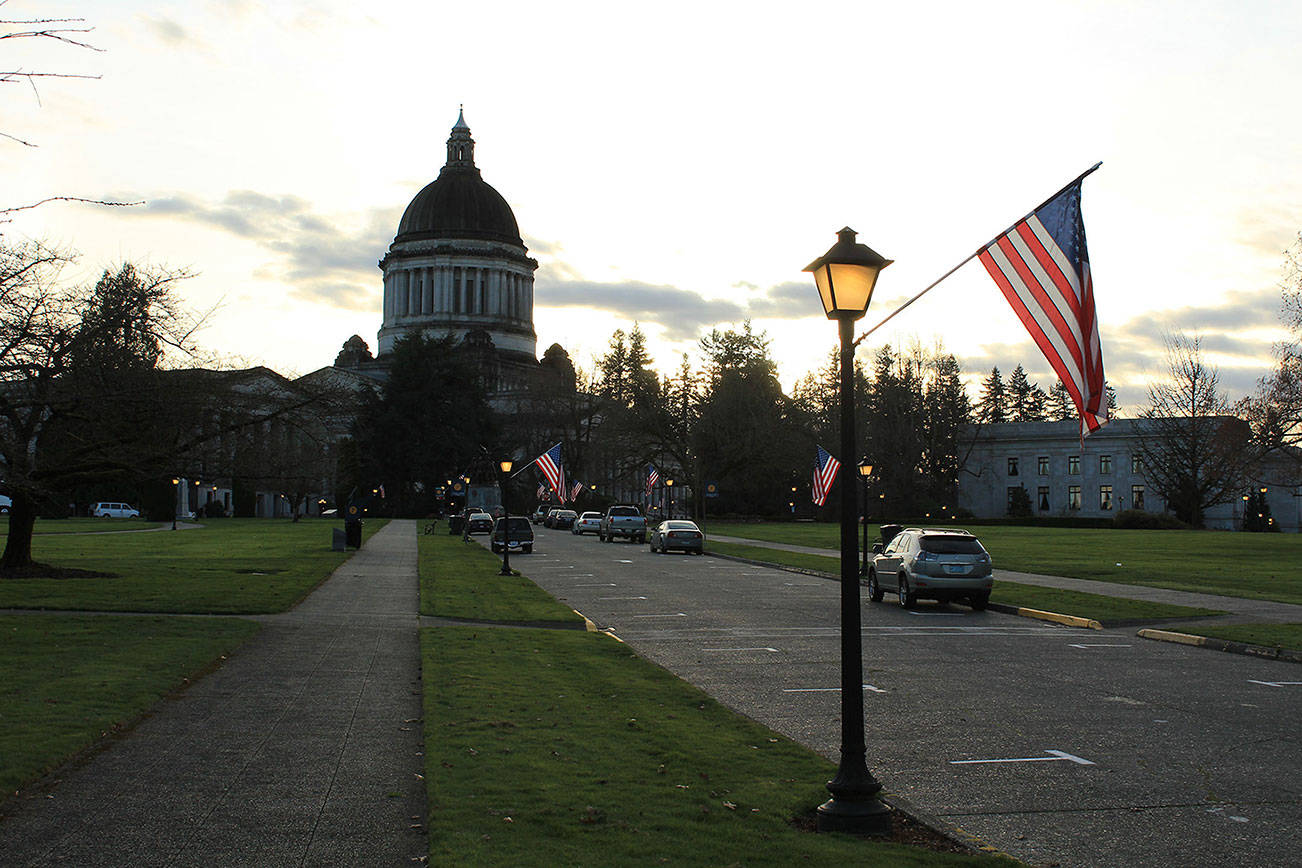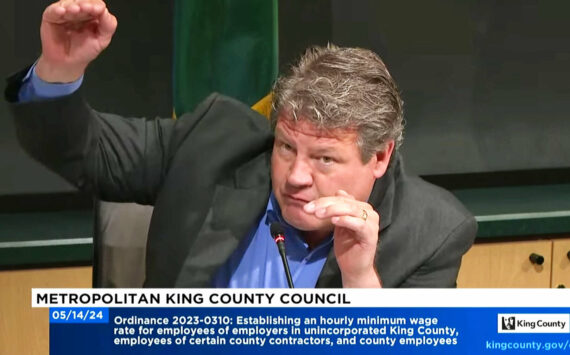On Monday, the Washington House of Representiatives unanimously passed House Bill 1539, which would establish a task force to provide child sexual abuse prevention curricula for all schools in the state. First introduced in 2015, it now awaits a hearing in the Senate.
“We teach our children in schools K-12 what to do in the event of an earthquake, what to do in a fire drill, or stranger danger,” said Rep. Gina McCabe (R-Goldendale), HB 1539’s sponsor, during floor debate. “But we’re not teaching our children what to do in the event of being sexually assaulted. I implore you today to let us be the voice for the kids who are too scared to speak.”
The legislation tasks the Office of the Superintendent of Public Instruction with establishing a program and curriculum for age-appropriate sexual abuse prevention. Elements of the curriculum include recognizing warning signs of sexual assault, preventing victimization, and taking advantage of existing resources. The program would have to be available to all school districts in the state.
The bill, also called Erin’s Law, is named after childhood sexual abuse survivor and sexual education activist Erin Merryn. The 33-year-old from Illinois is pushing all 50 states to adopt a requirement for schools to teach sexual abuse prevention efforts. In 2011, Illinois was the first state to adopt the law, and to date 31 states have done so.
“The time is up. We must not let another year go by with Erin’s Law dying in Washington,” Merryn wrote in a press release. “There are precious lives waiting to be saved from abuse. Did we learn anything in the wake of the #METOO movement? Over 150 U.S. gymnasts were victims of sexual abuse by a trusted doctor. Had these girls been educated, we would be looking at a lot less victims right now. Washington needs to do the right thing and pass Erin’s Law now.”
Rep. McCabe’s bill would be voluntary for schools and is not part of the basic education funding, but ensures that the curriculum and tools necessary to implement policies would be available to schools that want to use them. Three of the 31 states that have Erin’s Law implemented it as a voluntary provision.
Merryn said she supports the Washington bill as a first step, but hopes future legislation will make Erin’s Law a requirement for schools. She said her law only teaches children about personal body safety, dispelling a misconception many parents have about sexual education.
“I loved my grandpa,” Olivia Holderman, now an adult, said beginning her testimony to lawmakers in the House Education Committee in January. “We did fun things together. We played games, we had tea parties. My grandfather was also a pedophile. He hurt me. He made me do things I would never think about doing, and I was terrified. If Erin’s Law had been there, I could have told.”
Laurie Dils, program supervisor for sexual education with the Office of Superintendent of Public Instruction, spoke in support of the bill at its public hearing, but said it needs to include trauma and sexual assault experts on the task force. She also said that every school district is different and they should have multiple models to choose from rather than a uniform model across the state.
Under current Washington State law, teachers must report abuse to local police if a student informs them of that behavior. But children and young adults can be afraid to speak.
The U.S. Department of Justice names several reasons for this fear. Children fear a negative reaction or blame from their parents. A majority of sexual perpetrators are known to the victim, and about 30 percent are family members, according to research cited by the Justice Department.
But not all perpetrators are adults. The Justice Department estimates that 23 percent of reported cases are perpetrated by minors. Research from the Centers for Disease Control estimates that nationally, 1 in 4 girls and 1 in 6 boys are sexually abused before the age of 18.
Nearly 1 in 5 high school seniors and 1 in 8 eighth graders reported unwanted sexual contact, according to the 2016 Washington State Healthy Youth survey from the Department of Health and Social Services and the Office of Superintendent of Public Instruction.
“I’m only 17, but I’ve already had to watch too many of my own close friends experience sexual assault and rape at the hands of their peers,” Allison Bunker, a high school senior from Seattle, said during testimony on the bill in January. “And I’ve seen the long-lasting effects and challenges that follow for those individuals.”
Speaking in support of the bill, she called on lawmakers to consider education around the issues of consent and the culture change the curriculum could have in schools.
– – –
If you or someone you know has experienced sexual assault and you need help, call the Rain National Sexual assault hotline at (800) 656-4673. You can also speak with someone online at rainn.org.
Washington State resources can be found online at wcsap.org/survivors-family-friends.
This is an edited version of a report produced by the Olympia bureau of the Washington Newspaper Publishers Association.
